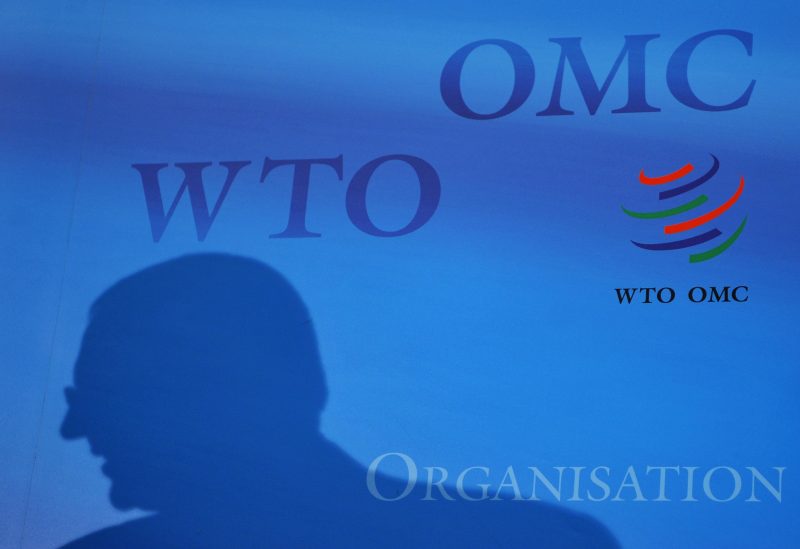WTO issues split ruling in US-Canada lumber dispute
Canada called the US tariffs on its lumber “unfair” (FABRICE COFFRINI)
Geneva (AFP) – The World Trade Organization on Tuesday partially sided with Canada in a dispute over US anti-dumping duties on lumber imports, but approved a controversial method America uses for calculating tariffs.
Canadian softwood lumber has been a source of conflict in US-Canadian trade for more than three decades.
Ottawa brought its latest trade dispute with the United States over the US softwood lumber tariffs to the WTO in November 2017, after the US Commerce Department slapped duties of up to 18.19 percent on the price of Canadian lumber products.
The administration of US President Donald Trump said the move was warranted after concluding that Canada had unfairly subsidised and dumped the product on the US market.
Canada at the time described the tariffs as “unfair, unwarranted and deeply troubling”, and challenged the US use of the so-called Differential Pricing Methodology in investigating alleged dumping.
A panel established by the WTO’s Dispute Settlement Body to rule on the matter agreed with Canada that in using that method of calculation, the US “acted inconsistently” with an international anti-dumping agreement.
But it rejected a number of Canada’s other arguments, including a charge that the US use of a practice called “zeroing” violated international trade rules.
– Concession for ‘zeroing’ –
The United States has repeatedly lost cases before the WTO over its use of “zeroing”, which calculates the price of imports compared to the normal value in the United States to determine predatory pricing and which usually leads to higher duties being imposed.
But in its ruling Tuesday, the WTO panel “agreed with the United States that such type of zeroing is permissible” in cases where targeted dumping is suspected.
The repeated rulings by the WTO appeals body especially against the use of zeroing has been one of Washington’s main complaints against the global trade body.
It is one of the issues mentioned by Washington to justify its blocking of appointments of new judges to the appellate branch of a WTO dispute panel, which could force it to shut down by the end of this year.
– Both sides see wins –
Both Ottawa and Washington were quick to declare victory after Tuesday’s ruling.
“The WTO rules do not prohibit ‘zeroing’,” US Trade Representative Robert Lighthizer said in a statement, stressing that “the United States never agreed to any such rule in the WTO negotiations, and never would.”
“WTO Appellate Body reports to the contrary are wrong, and reflect overreaching by that body,” he said, hailing the WTO panel “for having the courage to stand up to the undue pressure that the Appellate Body has been putting on panels for many years.”
Canadian Foreign Minister Chrystia Freeland said she was “pleased to see that the WTO has found the United States did not follow the rules in calculating anti-dumping margins.”
But she added she was “concerned” by the zeroing ruling, noting that the practice had in past rulings “often been condemned.”
“We are now looking at next steps that Canada can take to challenge this including a possible appeal,” she told reporters.
Both sides have up to 60 days to appeal Tuesday’s ruling, which would leave it up to the Appellate Body to determine the final outcome.
Disclaimer: Validity of the above story is for 7 Days from original date of publishing. Source: AFP.


